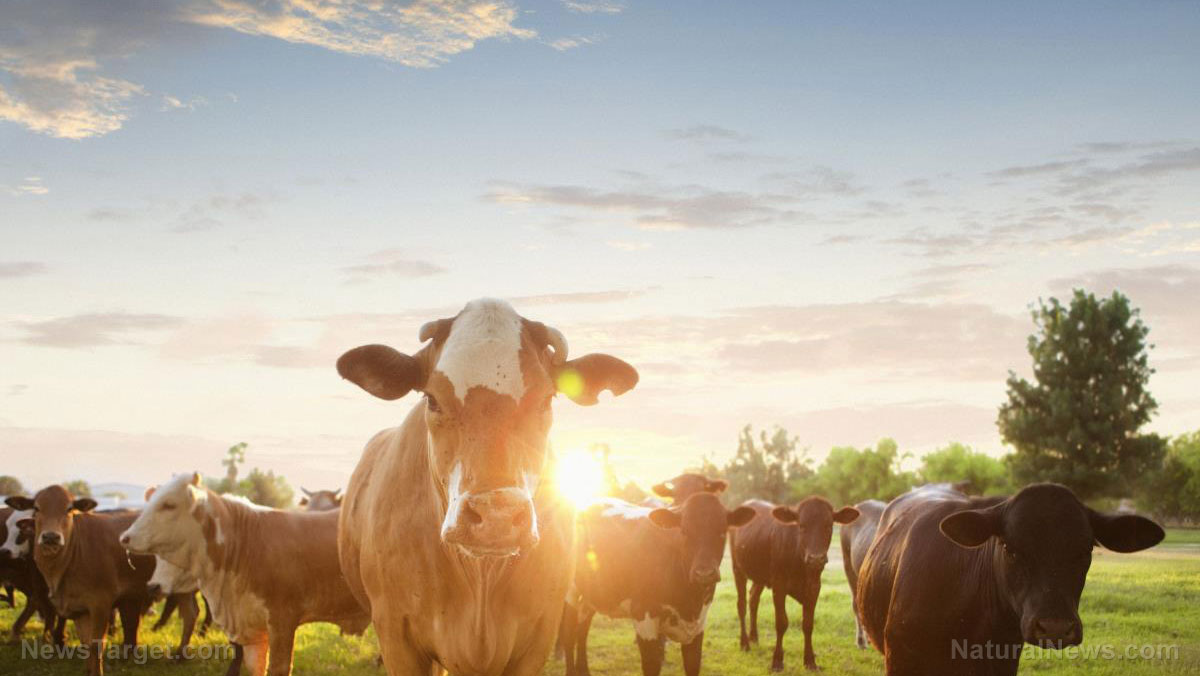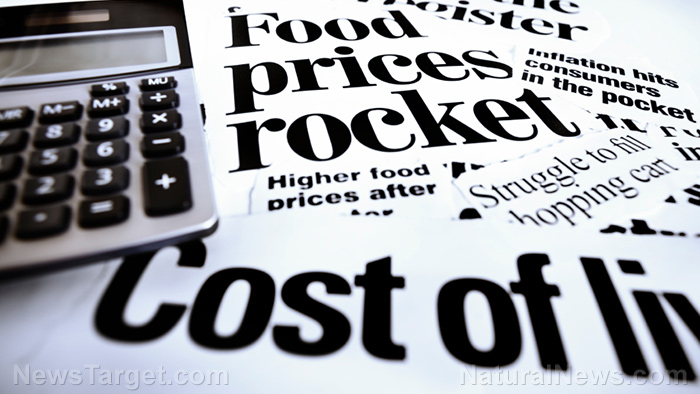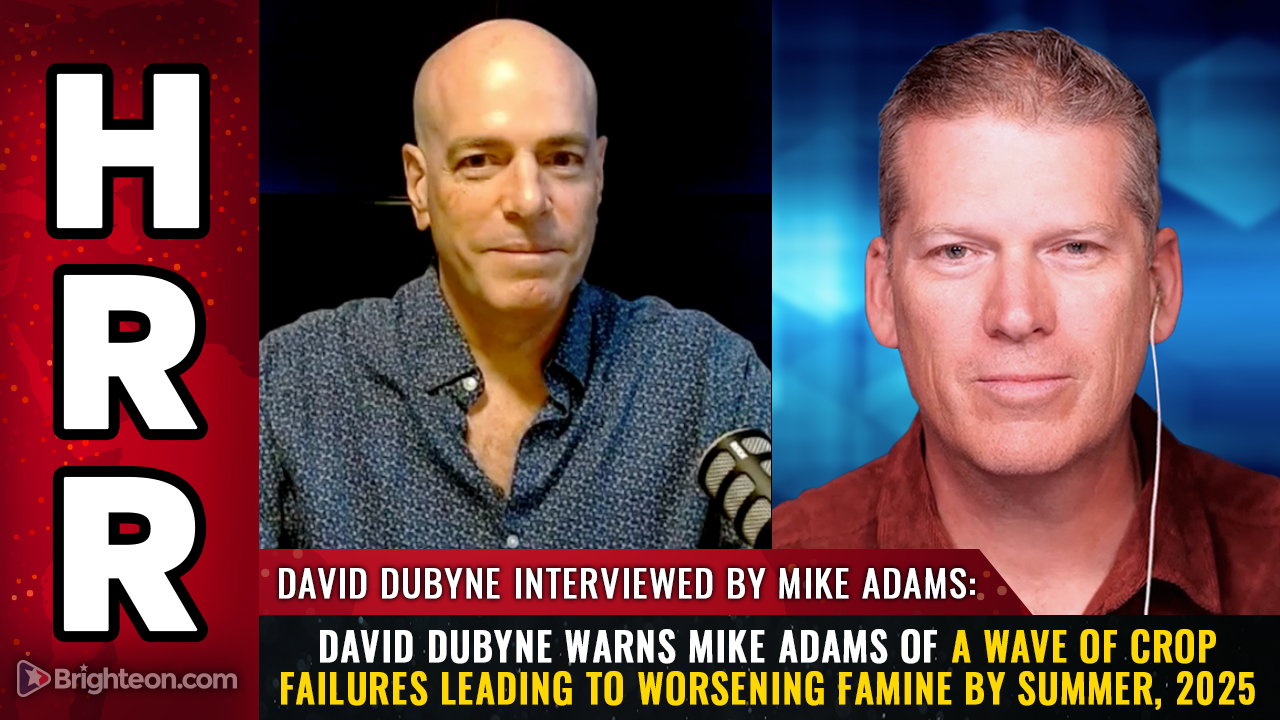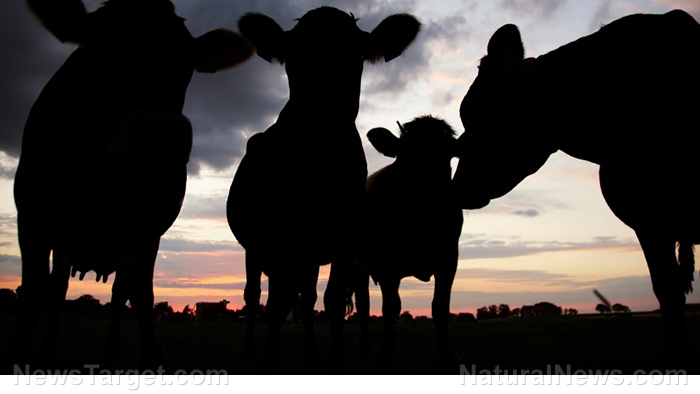FRUGALITY OF REALITY: How will you SURVIVE when universal CHAOS erupts and there are no supplies left anywhere but in your house?
06/23/2025 / By S.D. Wells
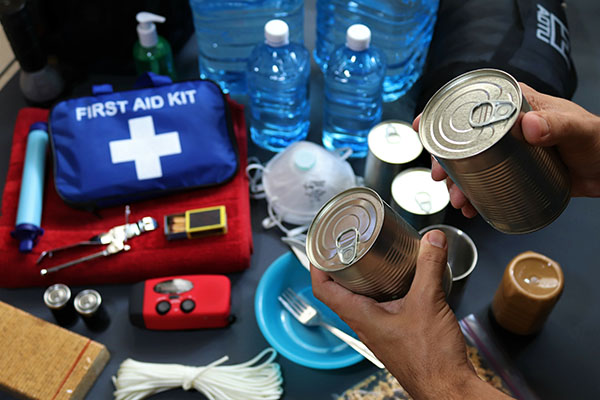
Will you be able to control yourself at the beginning and not panic? Will you be able to adapt and adopt the new life? Will you be able to fight off the thieves and panicked masses who will come for your food? Will you have the mental balance to deal with the chaos? Here’s what you will be facing should the world blow up tomorrow and all you’ve got is what you already have in your home:
- Control Panic Consumption – Avoid reckless use of supplies in the first 72 hours. Set strict rations for food, water, and energy from the start to prevent early depletion. Replace comfort-driven habits with disciplined necessity.
- Adapt and Repurpose – Reinvent usage of every resource: turn food scraps into broth, repurpose grease for fuel, and prioritize multi-use items. Never let reserves drop below the “1/3 Rule” (maintain a minimum safety buffer).
- Secure and Conceal – In urban settings, minimize noise, light, and smells to avoid drawing attention. Neighbors may become desperate — balance caution with discretion. Silence and stillness are your best defenses.
- Preserve Mental Resilience – Establish daily rituals (journaling, stretching) to maintain sanity. Dehydration and hunger distort judgment — stick to routines to counteract isolation and creeping despair.
Survival in chaos: The art of resource management when bugging in
When disaster strikes, even the most prepared individuals can falter. Stockpiles vanish faster than expected, neighbors grow desperate, and panic rewrites logic. The key to enduring a crisis isn’t just having supplies — it’s mastering the skill of recalibration. According to survival experts, adapting to unforeseen challenges separates those who last from those who collapse. Whether facing a short-term blackout or a prolonged societal breakdown, the ability to manage food, water, energy, and security under pressure is critical.
The initial days of a crisis are deceptive. Preppers often burn through resources recklessly — comfort eating, overusing water, and draining batteries — only to face shortages by day four. “Hunger is manageable; regret isn’t,” notes survival analyst Henry, emphasizing rigid rationing from the start.
Water discipline is equally vital; repurposing every drop and avoiding waste can mean the difference between stability and desperation. Energy conservation, too, requires restraint: “Embrace the dark,” advises Henry. “One light source, used sparingly, will stretch further than you think.”
As adrenaline fades, reality sets in. Food reinvention becomes essential — turning scraps into broth, repurposing grease, and adhering to the “1/3 Rule” (never depleting reserves below a final third). Water scarcity demands creativity, such as tapping a water heater’s 40-gallon reserve. Meanwhile, urban dwellers face unique risks: “Walls have ears,” warns Henry. “A propane heater might keep you warm — but it could also alert desperate neighbors.” Security shifts from deterring outsiders to maintaining invisibility.
Long-term survival hinges on systemic thinking. Lentils become sprouts; honey serves as a calorie-dense stabilizer. Water rationing transitions to sips rather than glasses, while energy use aligns strictly with daylight. The greatest threat? Human nature. “Your neighbors aren’t just curious anymore — they’re calculating,” Henry observes. Mental resilience becomes as crucial as physical endurance, with rituals like journaling or reading preserving sanity amid isolation.
Disasters expose the gap between preparation and adaptability. Historical crises — from hurricanes to pandemics — reveal that those who recalibrate swiftly endure. As Henry puts it, “Survival isn’t just about living through this. It’s about living with it.” For preppers and casual planners alike, the lesson is clear: stockpiles are only half the battle. The other half is mastering the art of resource management when every decision counts.
Tune your apocalypse dial to Preparedness.news for updates on real news about surviving the globalist-funded apocalypse coming our way.
Sources for this article include:
Submit a correction >>
Tagged Under:
apocalypse, chaos, collapse, disaster, emergency food, food rationing, food supply, homesteading, off grid, panic, potable water, preparedness, prepper, prepping, scarcity, SHTF, starvation, survival, survival foods, survivalist, tips
This article may contain statements that reflect the opinion of the author
RECENT NEWS & ARTICLES
FoodRationing.news is a fact-based public education website published by FoodRationing News Features, LLC.
All content copyright © 2021 by FoodRationing News Features, LLC.
Contact Us with Tips or Corrections
All trademarks, registered trademarks and servicemarks mentioned on this site are the property of their respective owners.





